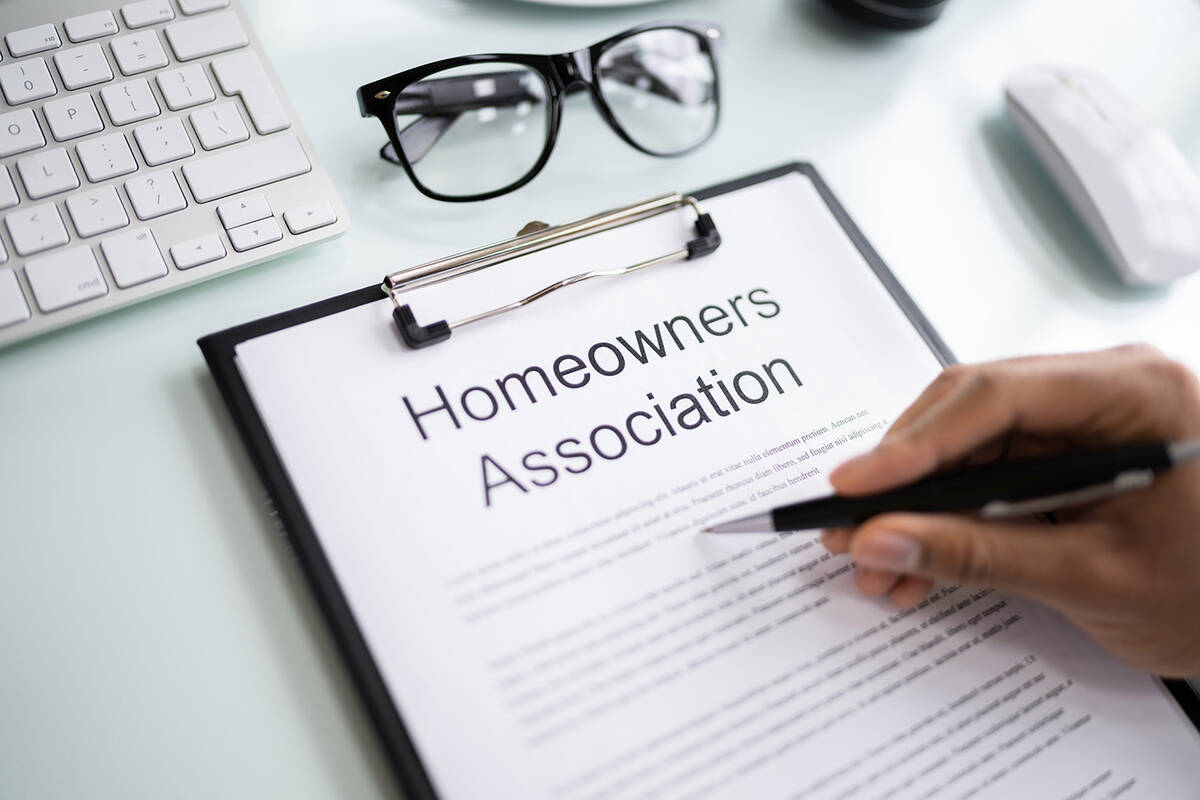Board gets Real Estate Division complaints dismissed
Q: Thank you as always for your input, always appreciated.
In a couple of my previous emails to you, I had asked you questions regarding Nevada Real Estate Division complaints. The good news is (and what we expected, anyway) that NRED dismissed both complaints. So, here is my question for you: Are we allowed to have a line item on the agenda for the upcoming annual meeting where we would, without mentioning specific names of complainants, inform membership that the association had two complaints filed with NRED by some homeowners, and that both complaints have been dismissed? I know we cannot divulge the complaint itself (as much as we would love to). Would we be violating any NRED stipulations if we informed membership of the dismissal of the complaints.
The next exciting thing happening in our association is the board has decided to disqualify a candidate from running for the board, for reasons other than them not being in good standing, per Nevada Revised Statutes language. This is unprecedented for our association. Of course, we have counsel advising us through this.
I read with interest one of your columns in the Las Vegas Review-Journal. Our association has a Compliance Enforcement Policy and we have language in it that allows us to call owners in for a hearing directly without sending a courtesy notice, our covenants, conditions and restrictions allow for that. This is so much better for us because it helps us take care of violations that cannot be cured.
A: At your open board meeting, you can state that the complaints have been dismissed, but say no more. You risk violating confidentiality, especially if your comments accidentally identify the homeowner(s).
As to your comments of sending hearing notices without sending courtesy notices, I do have an issue with your new policy. Please review NRS 116.31031 as it may supersede your governing documents.
The executive board may not impose a fine pursuant to subsection 1 unless:
■ Not less than 30 days before the alleged violation, the unit’s owner and, if different, the person against whom the fine will be imposed had been provided with written notice of the applicable provisions of the governing documents that form the basis of the alleged violation.
■ Second, within a reasonable time after the discovery of the alleged violation, the unit’s owner and, if different, the person against whom the fine will be imposed has been provided with a written notice, specifying in detail the alleged violation, the proposed action to cure the alleged violation, the amount of the fine and the date, time and location for a hearing on the alleged violation.
■ Third, providing a clear and detailed photograph of the alleged violation, if the alleged violation relates to the physical condition of the unit or the grounds of the unit or an act or a failure to act of which it is possible to obtain a photograph; and finally, allowing a reasonable opportunity to cure the alleged violation or to contest the alleged violation at the hearing.
Even if your governing documents are allowed to bypass a courtesy notice, in my opinion that is not good policy.
Barbara Holland is an author and educator on real estate management. Questions may be sent to holland744o@gmail.com.



















